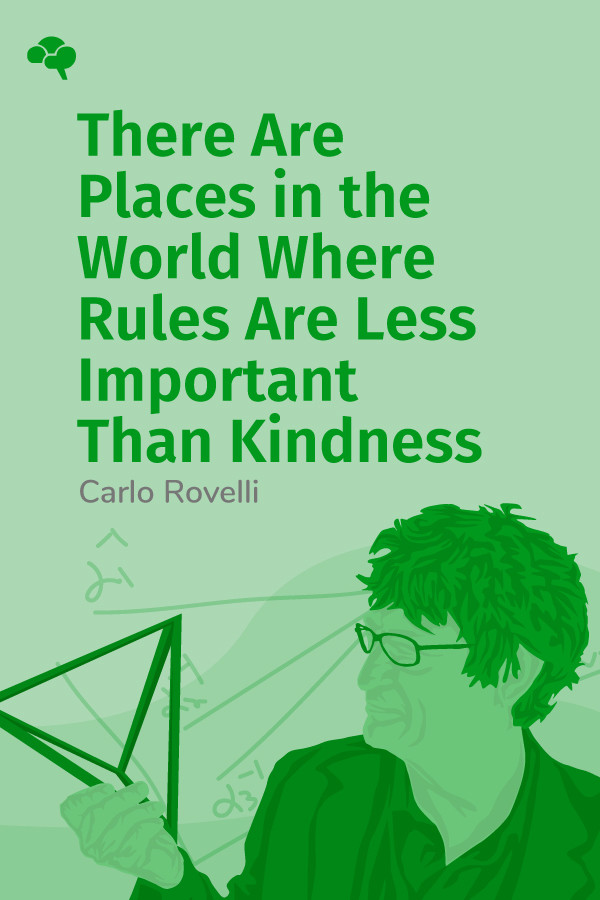

What You'll Learn:
“Justice,” “goodness,” “courage”: Words like these clamor through modern speech wearing the guise of moral weight. They might sound pretty to listening ears, but their beauty is often highly illusory. The words typically associated with moral action are barren, each echoing through modern-day discourse as if it has a purpose that, in reality, it no longer holds. What one person views as morally justified another views as ethically questionable, each appealing to entirely different, indissoluble realms of moral truth. Renowned philosopher Alasdair MacIntyre crafts a brilliant, unnerving account of humanity’s failure to speak meaningfully in the context of morality, tracking the evolution of that highly contentious word virtue across centuries of philosophy—from the pillars of Athens to the experiments of the Enlightenment.
Key Insights:
- Dialogues about morality have devolved into idle monologues—we’re too far from Athens to know what virtue even is.
- Aristotle taught that humanity has a “telos,” or a communal purpose paved by virtue.
- The Enlightenment shattered a unifying telos into shards of disillusionment.
- “Emotivism” dominates modernity’s sense of virtue, and establishes the “individual” as the sole moral compass.
- The answer to our moral mayhem is the ancient polis—we need common relational bonds to believe in virtue again.




